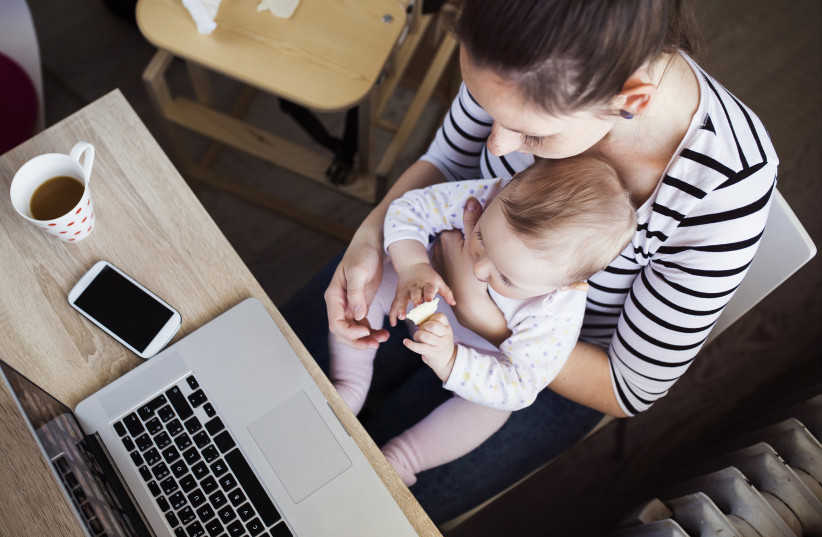Economic expert Naama Rosentol shared her seven tips for a healthy economic dynamic in a relationship in honor of International Day for the Elimination of Violence against Women which will be marked on Friday.
Economic abuse is often part of what domestic abuse victims experience at the hands of their abusers and is defined by one partner controlling the finances and access to economic resources of the other as a way of controlling them and limiting their independence. This kind of abuse usually leaved the victim economically reliant on their abuser, making it harder for them to leave the relationship.
Economic abuse rarely appears alone and is often accompanied by other types of abuse, so recognizing it early could help victims avoid it developing into worse and more debilitating abuse.
So how can you make sure to keep your economic relationship healthy?
Remember the goal

Focus on your economic goals and communicate when something is bothering you. Try to keep an eye on any adjustments to your plan and understand whether you can control the changes and is within your ability to stop. Discuss any adjustments respectfully with your partner so that neither of you loses control.
Don't be accusatory
When discussing issues with your partner that bother you about your finances, avoid accusatory statements such as "you are always late home from work and never do the shopping" or "you're always buying clothes that you never wear."
An accusatory tone is not productive and will only cause resentment.
Adjust your tone
Instead of being accusatory, impart the frustration upon your partner by expressing what you are feeling about the issues. This will be more productive and open the door for a dialogue instead of a fight.
Don't avoid
While talking about money can cause tension and be awkward, remember that relationships where money is discussed freely are generally healthier. Avoiding the topic will not fix the problem, so trying to find the ideal way for both partners to comfortably discuss money will lead to productive conversations and solutions that will suit both parties better.
Look to the past
Sharing your childhood experience with money and the place money had in your home growing up will help your partner understand the economic values and habits you come from and will help make discussions on how you want to do things together more productive.
Regular economic date nights
Make sure you sit down together regularly to discuss your shared goals, budgets and expectations so that you can plan your lives together. These regular dates will help you learn how to discuss money together and will prevent misunderstandings that can lead to imbalance and fights.
Don't hide anything
Even if you made a purchase that you don't think your partner will agree with, share it with them. You'll be able to discuss it together and better understand how best to act in the future. Even if you fight over it, you will be able to eventually resolve the disagreement and learn from it.
Hiding purchases from your partner will only hamper the trust and communication between you and will cause a rift.
